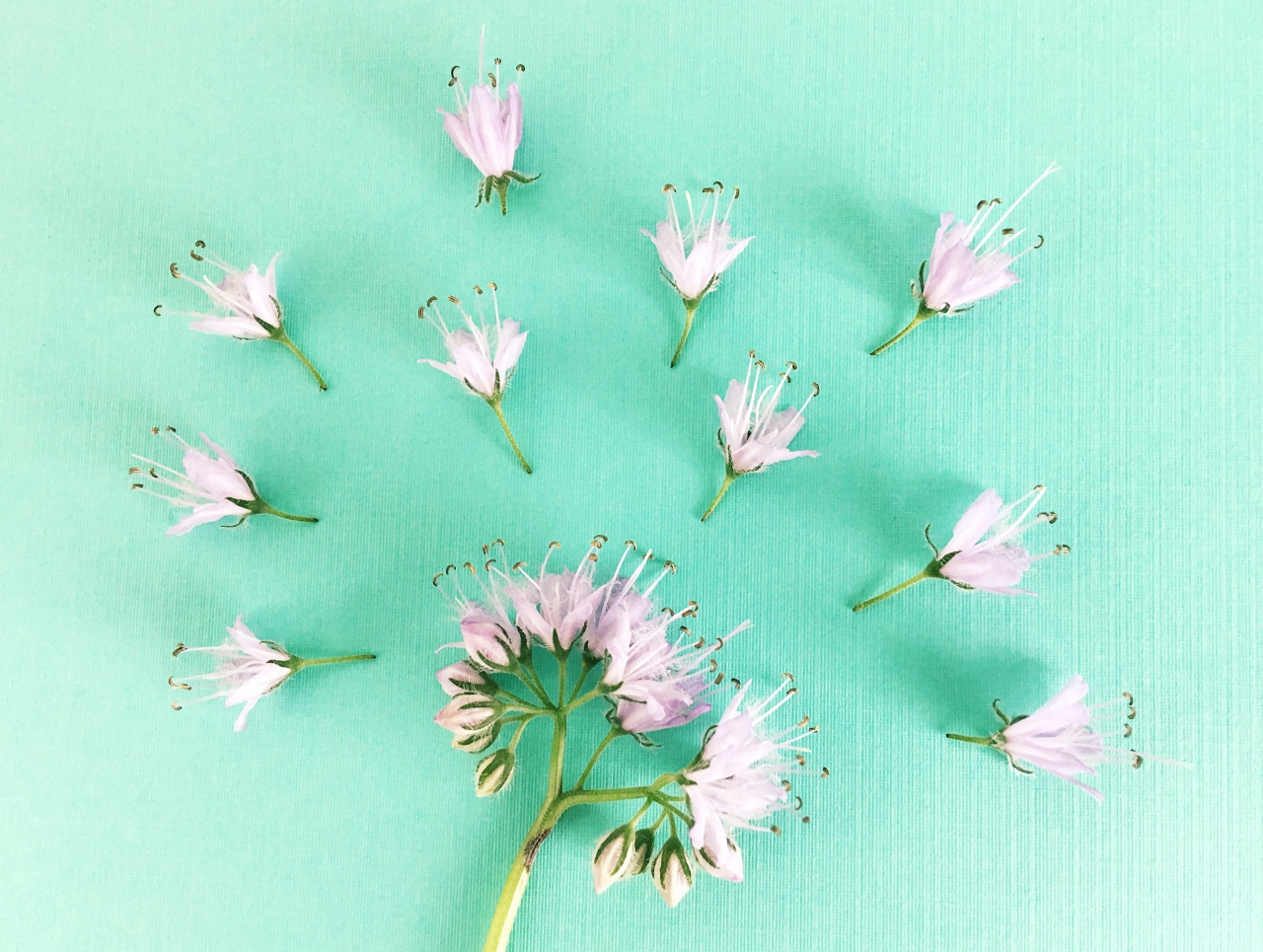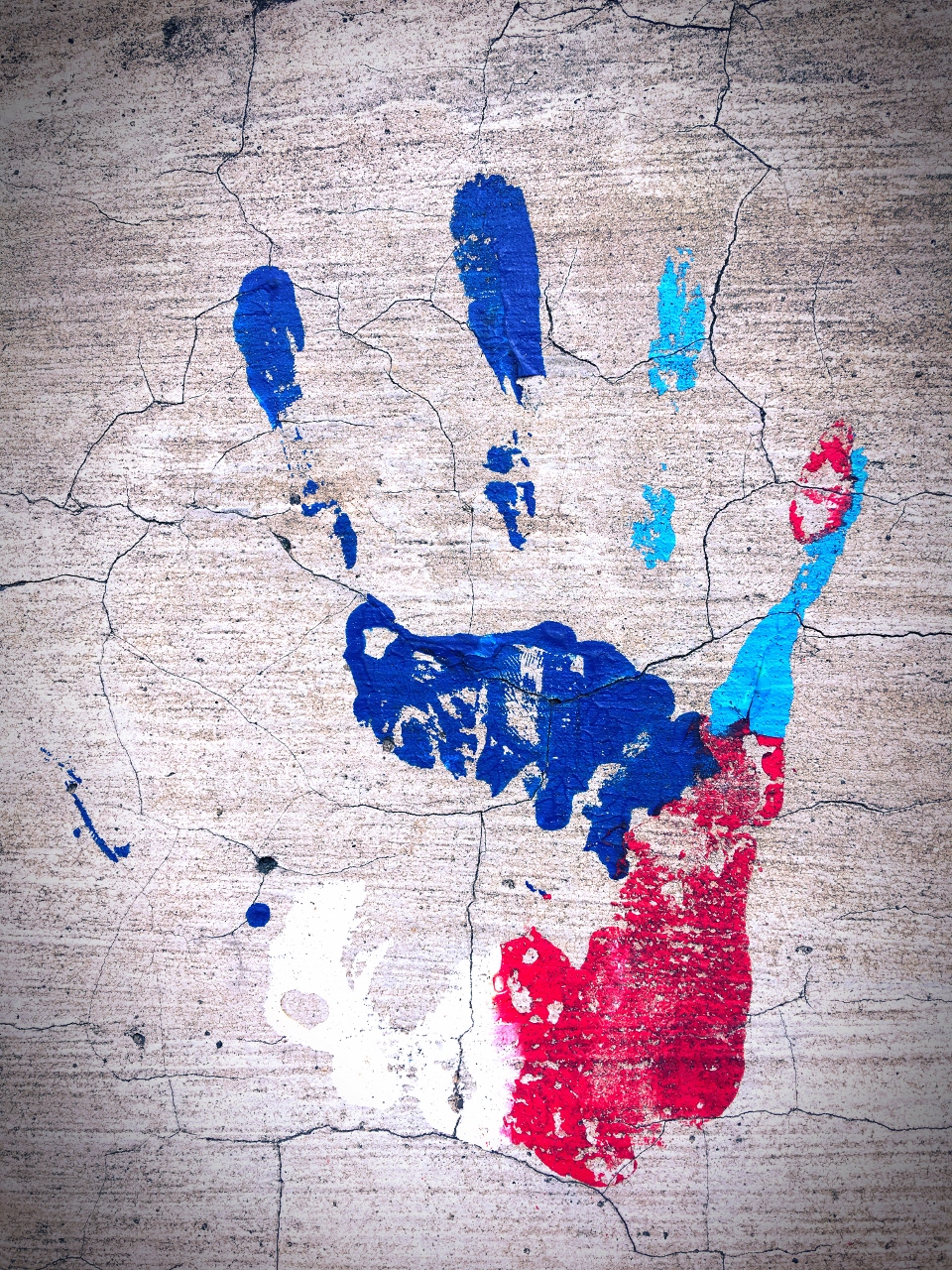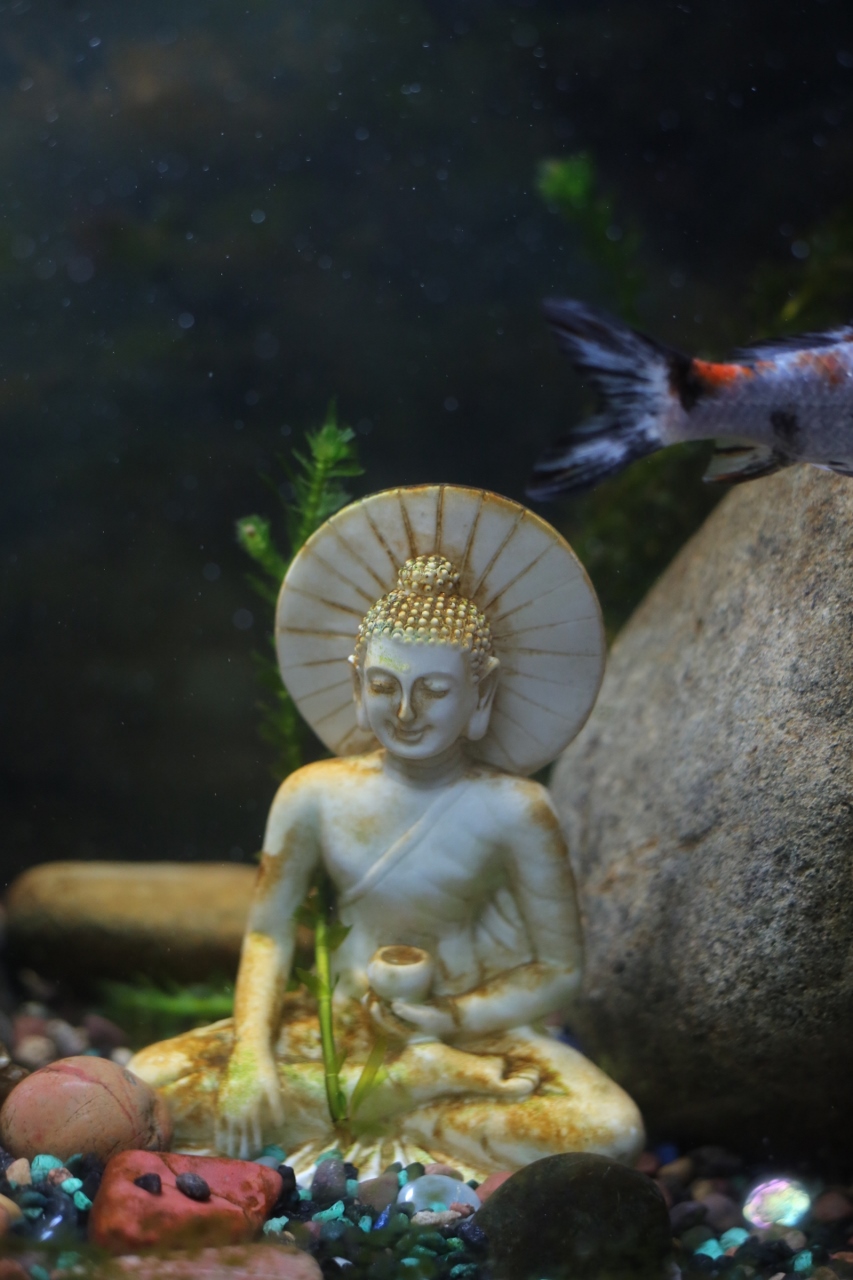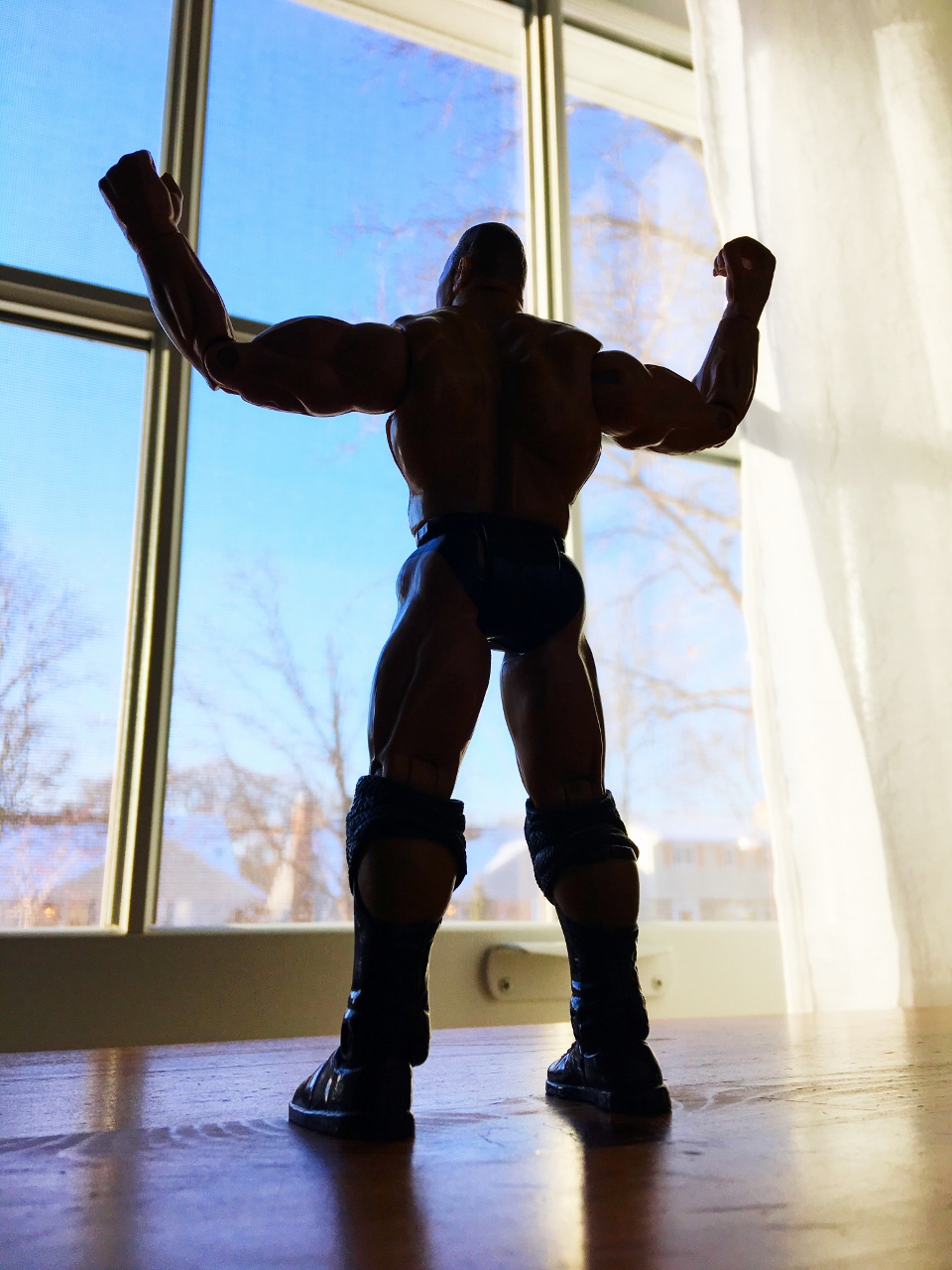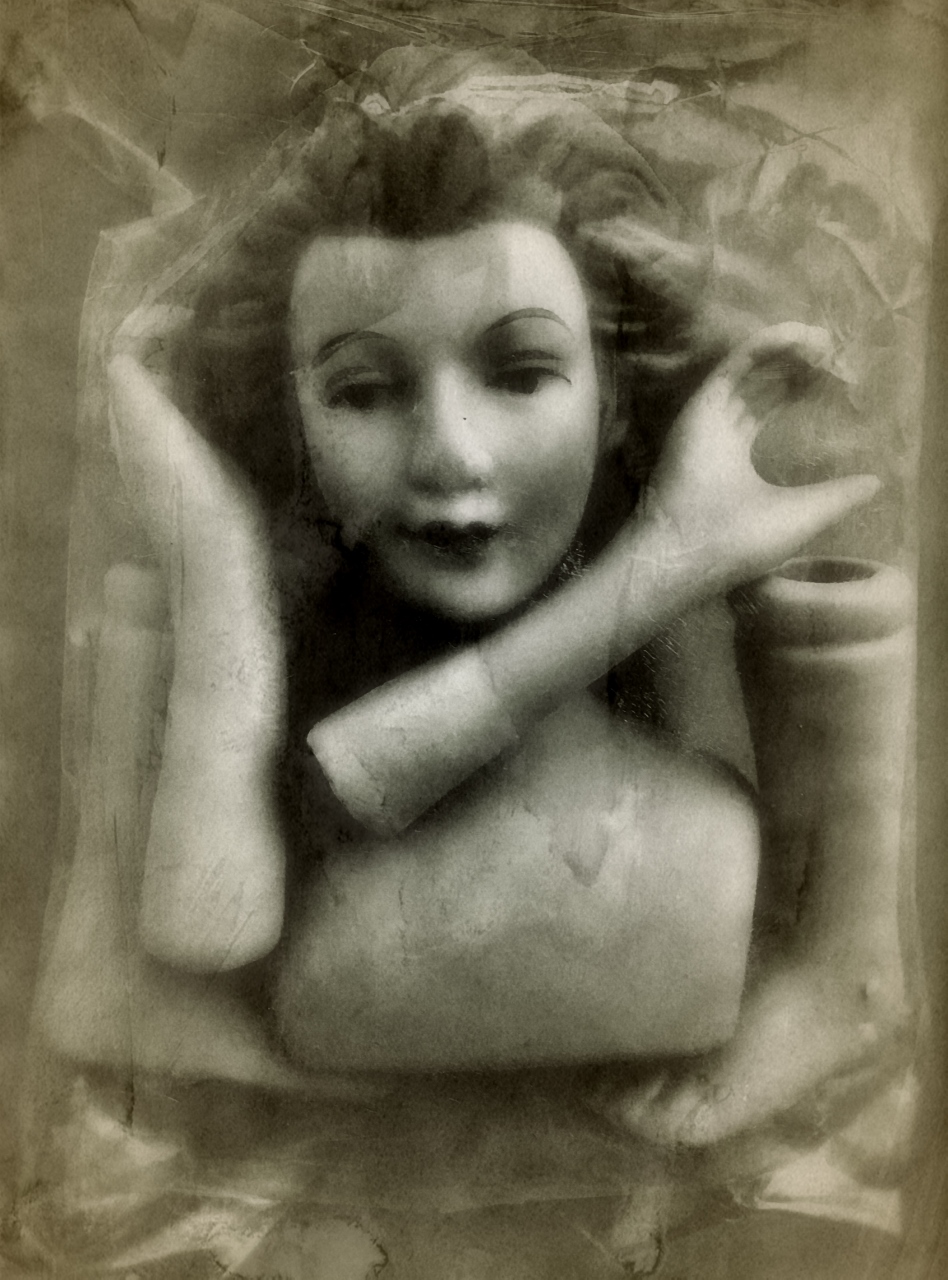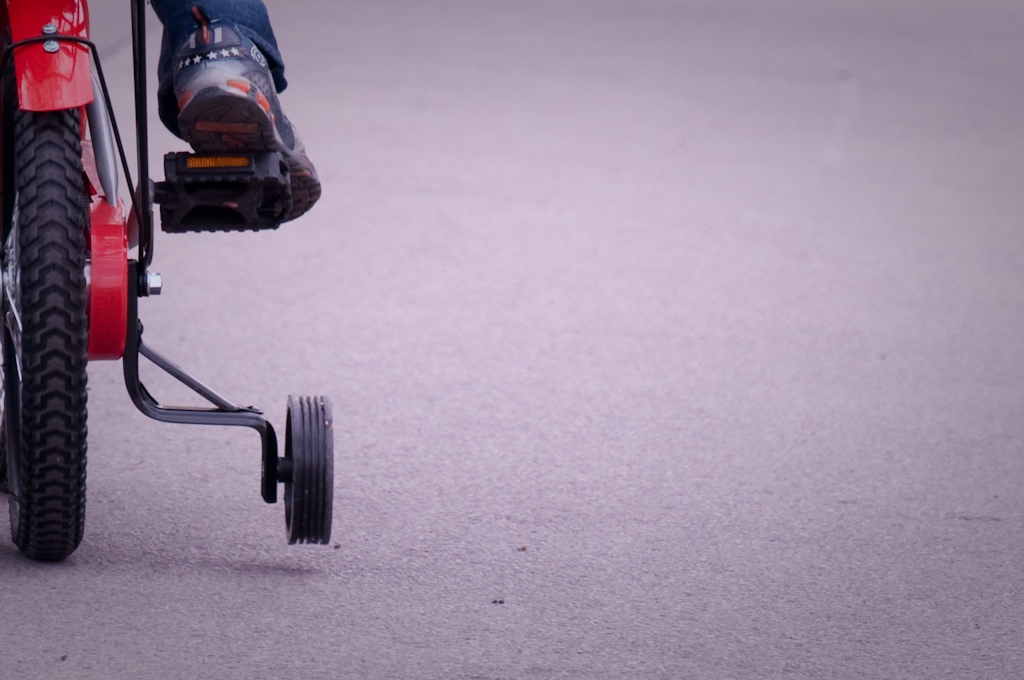
By Eze Paul Ihenetu
He burst through the door of my bedroom, pulling me from blissful sleep. Startled, shirtless, harried, and vulnerable—I still thought of myself as new to New York—I turned to face my intruder. The shirtless man with the scar above his left eye was my roommate of the past five months. His face was as animated as it had ever been. “Hey, Eze,” he said. “You need to get up. Some crazy shit is happening right now!”
Daniel was prone to embellishment and hyperbole. So, I assumed that the “crazy shit” he was hyped about would eventually become much ado about nothing.
I was in no mood to begin the day. Cursing him underneath my breath, I turned away from my roommate. Daniel, still hyper and insistent, would remain undaunted. He parked himself at the foot of my bed and yelled down at me. “Why are you going back to fucking sleep right now? Get up man! The towers are burning down! The fucking towers are burning!”
I was a recent transplant—I’d arrived in the spring of 2001—and still somewhat impaired by exhaustion. I didn’t understand what Daniel meant when he said that the towers were burning down. Daniel, a Brooklyn native, was standing in the common room in front of the television, completely rapt by what was being broadcast on the screen. The tops of two buildings were engulfed by massive flames, and thick, black smoke was snaking its way toward the sky. I thought that he might have been enraptured by a television movie, that is until a banner flashed across the bottom of the television screen that read: Breaking news: World Trade Center Disaster. And then came the video of the two airplanes hurling themselves into the façades of the World Trade Center buildings, followed by reporting from a catatonic news anchor. This was definitely not a movie.
The two of us ran up the hallway stairs until we reached the roof of our East Williamsburg apartment complex. The sky was a clear blue except for the area above lower Manhattan, which had been blanketed with the fearsome black smoke. As we watched the billowing smoke clouds spread more of their pernicious hate across the sky, Daniel posed the question that was like a blinking light inside of my brain: “Is the world ending?”
•••
The September 11th attacks would not prove to be the end of everything, though it did presage the end of something precious that I was unable to put into words.
The world would go on for Daniel, for me, and for everyone else that remained alive in the new world. Daniel was still thinking about securing a license to drive trucks while concocting more nefarious schemes to make money. I’d accepted a job as an actor with a traveling theatre troupe a few days before the attacks had taken place and had received assurances from the theatre director that the show would go on. I thought it was serendipitous timing that I’d been offered the theatre tour a few days before the terrorists attacked the city. For the air that I had been breathing in the wake of the attacks was a miasma of rage, charred metal, and burning bodies, an extremely toxic mixture that was affecting my psychological health. Spending an extended time away from New York City, where breathing in the noxious mixture was a regular thing became necessary.
I exited the city a few weeks after September 11th, one of five passengers of a cream colored van and trailer, relieved and grateful to be leaving a city that was still twisted from the wounds that had been inflicted upon it by terrible men. I was eager for the adventures that lay ahead on the open road, though somewhat peeved that Daniel insisted that I continue to pay rent even though I would not be living in the apartment for the next two months. I hoped things would improve for the city while I was gone.
•••
I returned to our apartment building on December 15th, feeling shrunken and skinny after having walked a few blocks in the bitter cold. The cold was made worse by my worried mind. Repeated attempts to contact Daniel a few hours before had proven unsuccessful.
I scanned the windows of my apartment for signs of activity. There was nothing. No lights. No music. Nothing. It was night, but it was still early, and for there to be no sign of life inside at this time was unusual. I knocked three times on the metal door. No answer. I knocked again, harder this time. Still no answer. Freezing and frustrated, I took a few steps backwards, looked up and screamed his name: “Daniel!”
“Hey,” said a voice, startling me.
I wheeled around to meet the voice. A burly and bearded man, an employee of the adjoining bread factory, was walking toward me. “Are you looking for the guy who lived on the second floor? Daniel?”
Lived? Did he say lived?
“Yeah,” I said. “Yeah, I am.”
“He doesn’t live there anymore and you can’t go in there,” the bread factory worker told me. “Dude got murdered a few days ago. The place is a crime scene.”
“Oh. Okay. Thanks.”
“Yep.”
And in that instant, a once inviting home morphed into a sinister structure. I backed away from the apartment slowly and quietly, so as not to disturb the demons that were at rest inside.
•••
On the subway, I thought, “It wasn’t supposed to be this way.” Though exhausted after three months of traveling and powering through shows with my theatre group, I should have been able to bask in the glow of a monumental accomplishment: I had established myself as a paid New York City actor. But I’d returned to a building complex that had been locked and sealed by the New York City police, a place that was no longer my home.
Where can I go?
It was the question that I had to ask myself after hours of riding the subway train, hunched over in my seat, still reeling from the news of my roommate’s untimely demise—I was reeling for myself as much as I was for my roommate. Besides the clothes that I was wearing, the suitcase that rested on my shins contained everything in this world that I could call mine at the moment. And it was a very small suitcase. Compounding the shock at my roommate’s unexpected passing was the explanation for why Daniel was no longer alive: murder.
•••
I called the police station a week after I’d found lodging at an upper Manhattan hostel facility. My reasons for calling the flatfoots were not quite so honorable, though. Reaching out to the police—something that I hoped that I never have to do—had not been a byproduct of my suspicions of what happened with my roommate, although I did have an inkling as to why he’d been murdered in cold blood.
What I needed was access to the apartment so that I could retrieve the property that I’d left behind. My computer, headshots, and some of the other things that remained in the apartment were essential components of my nascent acting career.
The cop on the other end of the line seemed to perk up at hearing my reason for calling and said, “Why don’t you come on down to the precinct so that we can talk about a few things? After we talk some, we’ll go to the apartment and pick up your belongings.”
After hanging up, perspiration attached my clothes to my body, blood drained from my face, and my stomach felt hollow—my normal reaction to fear. With that call to the police precinct, I’d enmeshed myself in an open murder case, a real big ball of shit turds! And for what? A couple hundred two-year-old head shots, an obsolete computer, and some other things that were replaceable? I was so hesitant to enter any kind of police station because I believed that it was the place where my current vulnerabilities—young and black, homeless, and alone—would be amplified.
Unable to quell my combustible emotions, I took a walk down Broadway, taking in the cool air to clear my head of poisonous thoughts. When the cloud containing these thoughts cleared after a mile or so of walking, I set my mind on visiting the station house the next day.
•••
After entering the police station, the realization hit me that I was probably within the vicinity of a few human cages.
I was received by two detectives. One of them was a white male, middle aged and balding, dressed in a short white short-sleeve shirt and black tie, a grizzled veteran of the Brooklyn police department. The other was younger, black and better looking, had all of his hair, and sported a slight mustache.
I sat facing the older detective, who proceeded with his harrowing rendition of what had taken place in my apartment while I was on the road.
On a cold night in December, two men rang the doorbell to the apartment building in which Daniel and I had lived, announcing their presence. Daniel made his way to the window overlooking the avenue below, looked down to the street, and recognized the faces of his eventual killers. And so, thinking that he was safe because he knew his assailants, he had permitted the visitors entry into the apartment building. As soon as the killers crossed the threshold of the apartment building, they stopped for a few moments to collect themselves in the dark, then covered their faces with black ski masks. The assailants sprinted up the stairs that led to the apartment, shoved their way through the door with guns drawn, bound and gagged the new residents who were visiting from the apartment one floor up, and then proceeded to torture Daniel while making demands for the money that he owed for drug sales. When it became clear that Daniel would not be able to meet their demands, the assailants forced him down on his knees, shot him twice in the head, and ended his life. He was only twenty-seven years old when he was killed, a baby boy cut down in the prime of his existence.
I was quite shaken. Both the detectives were able to easily ascertain that, and they gave me some time and space to process everything that I’d just heard.
Although I’d lived in that apartment with Daniel for five short months, I knew that he’d been involved in questionable activities involving drugs and drug dealers. Some of the dealers would spend some late nights over at the apartment, laughing and inhaling smoke from gargantuan blunt cigarettes while conducting business in the common room, keeping me awake as I attempted to sleep in the adjoining bedroom.
The most frequent visitor was a guy named Jesus, a temperamental, rotund man of impressive height who wore glasses and sprouted a thin beard on his face. His body type and temperament had been diametrically opposed to that of Daniel, who had been skinny, balding, clean shaven, slight, shifty, and calm while alive. Daniel and Jesus mostly got along despite their many dissimilarities, except for those times when Jesus felt that he’d been “disrespected” by Daniel.
A particular instance came to my mind. Jesus and I were alone in the common room—the only time he and I were alone in my apartment. He fumed as he recounted the story of how Daniel, while being taxied around Brooklyn by Jesus, shed crumbs from a pastry that he’d been eating in Jesus’s car. Jesus remembered Daniel breaking into laughter after he’d chided him for his offense. And then Jesus’s face went beet red as he said, “It’s the ultimate sign of disrespect. Dropping crumbs in another man’s car, right? You wouldn’t like it if someone dropped crumbs in your car and then laughed if you asked that person to clean that shit up?”
“Of course, you’re right,” I said. “I wouldn’t want anyone shedding crumbs in my car and then laughing about it.” I inhaled a breath, for I had transported myself back to the memory of when I returned home from job hunting one afternoon and caught Daniel rifling through the contents of my duffel bag. I was a brand new tenant at the time, and not in the mood for another apartment search, so I shrugged off this disturbing discovery, taking Daniel at his word that he just wanted to make sure that he could trust me, the new guy. “But I don’t know. Maybe he just doesn’t understand that what he did was offensive. Or maybe he thought that since you guys are friends that you would let things slide a bit.”
Then came the explosion. “No, fuck that! I fucking asked him, and he should have taken me seriously. I ain’t got to take that kind of shit from him!”
“You’re right,” I said, waving my hands in surrender. “He should’ve known better.”
The detective seemed to be zeroing in on Jesus as a prime suspect for Daniel’s murder. I was more than eager to answer any and all of the questions that led to the hardening of the detective’s suspicions about the guy. Jesus’s professed trade was that of a professional bounty hunter. Bounty hunters use guns to accomplish their work, and I assumed that Jesus owned a significant stash of weapons. I also knew that if the detectives suspected that Jesus was involved in the murder of my roommate, then I could also be in immediate danger. And I would definitely feel safer if the police were able to capture the man who could potentially commit an act of violence against me. So, I cooperated with the police in every way possible.
But you know how the cops can be. Suspicion of others runs in their blood, even in the case of an individual—a person who was not in town at the time of the murder—who had voluntarily agreed to come down to the station to aid their investigation. The grizzled veteran wanted to know more about the drug sales, which were things that I hardly knew anything about.
He raised an eyebrow at my insistence that I had no knowledge of any actual transactions taking place and said, “A murder at your apartment. Lots of visitors coming over at all hours of the night, and you don’t know anything about any deals that might have went down at your place?”
Fear spread through me, increasing my blood pressure and the intensity of my subsequent breaths. I could hear my pulse pounding on the inside of my ears. My intuition began to whisper. “They’re going to try to keep you in here. Be careful what you say!”
I’d been away from my childhood home for only seven months, and in that time, I’d had to wrestle with the reality of a terrorist attack, the murder of a roommate, and the subsequent bout with homelessness that followed that murder. There was no way I was going to be able to accommodate having to spend a significant amount of time in a police station where cops and criminals roamed, thousands of miles away from home and family, and in a city that I barely knew. I was going to have to smack the nose of the dog that was clamping its jaws. “Look. I don’t know anything about any drugs deals. I have never sold drugs and I never will. You need to find Jesus. He is the one you need to talk to about all of this!”
And when he became resigned to the fact that my story was not likely to change, the bulldog would eventually release his hold on me.
•••
The younger detective took my back to my apartment and allowed me to enter. My heart broke upon first glance at what the apartment had become, the scene of a horrific and terrible crime.
Before it had been defiled and ransacked, this unit had the look of a warehouse that had been converted into a makeshift art studio; an impressionist painting encompassed the entirety of the living room wall. Daniel and I had lived harmoniously with two young actresses in happier days.
Daniel was the native New Yorker, the man with all of these connections to all of the cool and interesting people. These people often graced the apartment with their presence when parties great and rambunctious, small and intimate, were held. He’d even allowed me to tend bar at one of his house parties, even though I knew nothing of bartending. The actresses—both of whom had moved out of the apartment before the murder—and I were grateful to have been within Daniel’s orbit.
But Daniel was gone now, an unfortunate casualty of a world that is often very cruel and unforgiving, and life was moving on without him. His apartment looked as if a tornado had ripped through it, and Daniel’s dried blood was smeared along the wall behind his desk. I swallowed the urge to hurl at the sight of the blood and continued ahead, wading through the wreckage in the search for my things. The detective’s pattern of movement through the apartment would match my own.
When we arrived in what had once been my bedroom, the detective informed me of Daniel’s older brother, who lived in a more affluent area of the Brooklyn borough. “He has kept your computer for you,” the detective said. “You should go and talk to him.”
He wrote the number of the brother on the back of his card and handed to me. I let out an audible sigh. I was going to have to talk with Daniel’s older brother now? That was certain to be another unpleasant, although necessary, thing that I was going to have to do.
•••
As I approached the L train station with what possessions I was able to grab in hand, I heard a voice from behind calling my name. Heart pounding, I twisted my head around to meet the call and saw that the black detective was jogging in my direction, carrying photographs in his right hand. My headshots! “You forgot these,” he said handing the photos me. “Good luck to you.”
“Thank you,” I said, grateful for the gesture.
It was then that the anxiety and fear began give way to an incipient faith. There was a reason why I had been spared the fate that had befallen my unfortunate roommate. The serendipitous timing of the theatre tour spoke to something larger at work in my favor: I had an ally of the invisible kind, protecting me.
So I was going to be all right, just like the city of New York was going to be. We would both persevere. I’d just have to get through meeting with Daniel’s brother before I could begin to pick up the pieces of a shattered life. It wasn’t fair I had to start again from the bottom, but I was young, energetic, ambitious, and too brave and sure of myself to travel back home with my tail between my legs. Surviving at the hostel for the next few weeks before I embarked on my next tour of the United States of America wouldn’t be too difficult. And after touring, I would return to New York City with the wind beneath my sails, ready for the next stage of my journey.
•••
EZE IHENETU is a hospital worker and freelance writer living in Denver, Colorado. Once a teacher and an actor, Eze is confident that writing will be the last stop on his long professional journey. He is currently working on a memoir about his time as an elementary school teacher. You can reach him on twitter at @Eihenetu.

 Follow
Follow


